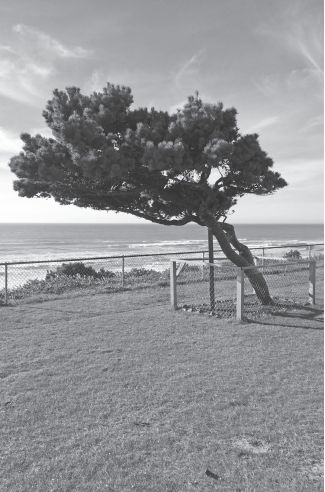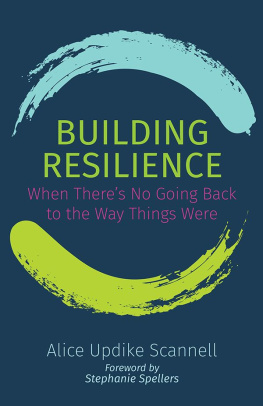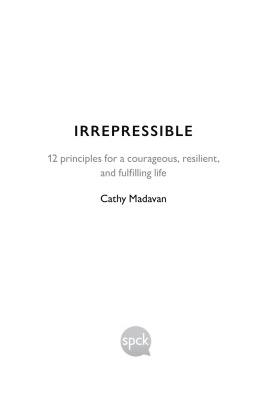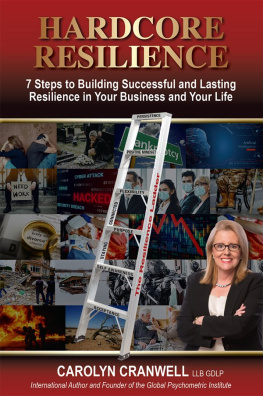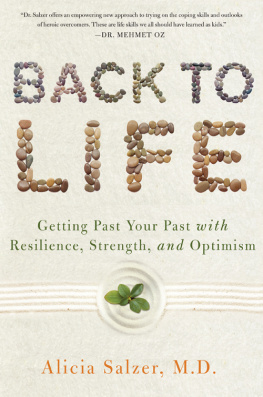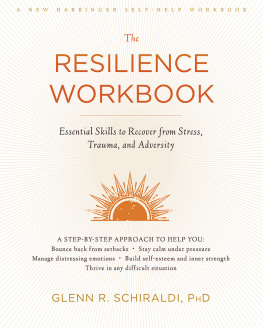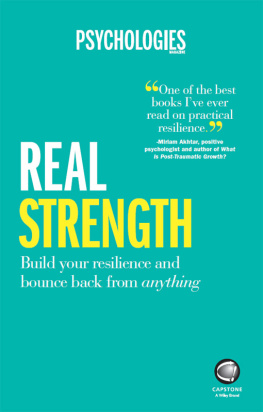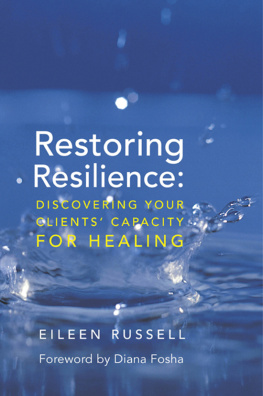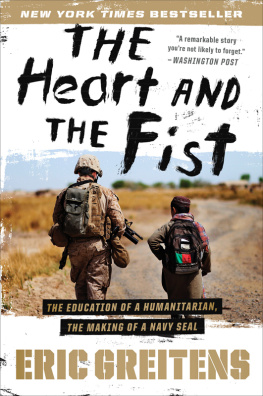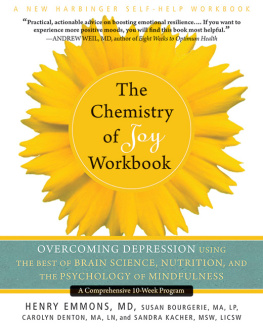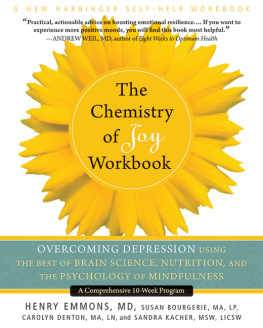

This book is dedicated to my sister-in-law and my brother
Lillian Sturgis Updike and Edwin Hoyt Updike II
who as individuals and as partners in more than six decades
of marriage are exemplars of radical resilience.

Copyright 2017, 2020 by Alice Updike Scannell.
All rights reserved. No part of this book may be reproduced, stored in a retrieval system, or transmitted in any form or by any means, electronic or mechanical, including photocopying, recording, or otherwise, without the written permission of the publisher.
The Question Thinking and Judger/Learner mindset information in Chapter 5 is reprinted with permission of the publisher from Change Your Questions, Change Your Life: 10 Powerful Tools for Life and Work (2nd ed.), 2009 by Marilee Adams, Berrett-Koehler Publishers, Inc., San Francisco, CA. All rights reserved.
Photograph on page xii by Alice Updike Scannell
Morehouse Publishing, 19 East 34th Street, New York, NY 10016
Morehouse Publishing is an imprint of Church Publishing Incorporated.
www.churchpublishing.org
Cover design by Jennifer Kopec, 2Pug Design
Typeset by Rose Design
Library of Congress Cataloging-in-Publication Data
A record of this book is available from the Library of Congress.
ISBN-13: 978-1-64065-376-4 (paperback)
ISBN-13: 978-1-64065-377-1 (ebook)
A few years ago, I traveled home to Kentucky to lead a Womens Day luncheon at my moms Baptist church. It was just a few months after the killing of Philando Castile, an innocent black man murdered by police in St. Paul, Minnesota. The whole trip I was wracked with nerves. What could I say to a room full of black women in their sixties and seventies, many of whom had known me since I was in diapers? What word would resonate with a community of elders experiencing fresh trauma and deep frustration?
God gave me one word: resilience. Rather than preach, I invited the women into a time of reflection on the histories and stories of our resilient mentors and ancestors. We cast back to our African forebears, the men and women captured centuries ago and forced to march on foot for hundreds of miles to the western coast of Ghana, where they were herded into slave forts worse than most prisons. Then they were stacked into ships like cargo. Some survived the deadly months-long Middle Passage across the Atlantic; some did not. Those who lived went on to endure the terror and dehumanization of slavery. Their children lived, created, and struggled through Jim Crow, poverty and disenfranchisement, racism and sexism, the War on Drugs, and mass incarceration.
As our sharing concluded, I summed up what the group already knew: It takes resilience to resist the forces that would harm the beloved children of God, I said. But Im not worried, because I know weve got it. We wouldnt be here today without it. Our ancestors were among the most resilient people to ever walk this planet, and that power lives in us.
Its true for people of African descent, and for indigenous peoples who crossed America on foot with tears in their eyes and backs unbowed. Its true for immigrant families who cross deserts and mountains into America only to be shoved into detention centers.
Its also true for any number of people who have suffered a host of life-altering experiences and demonstrate a hope and strength that makes no sense given all that they have seen. These resilient people didnt just bounce back from pain and loss. They rose up, more creative and flexible, more spiritual and mindful, more courageous and wise, and they embraced new realities with what can only be described as grace. If we learn from them, we become more resilient too.
I didnt discover Alice Updike Scannells term for this phenomenonradical resilienceuntil recently, but from the first page of this book, I instinctively recognized the practice. It did not matter that Scannell studied resilience in people who reckoned with adversity and loss related to age, physical disability, and illness. The lessons are universal.
The wisdom of radical resilience is even more vital given this moment in our common life. While I write these words, America is gripped by twin pandemics: COVID-19 and systemic racism. Both have the power to take and crush the lives of entire communities. Both have proved durable in the face of government intervention. Healing both depends on relationship and mutuality, since even people who appear to be ok may still be carriers of a disease that means death to others.
The COVID pandemic has left us exiled from our sacred spaces and sacraments, just when we most need tangible, spiritual sustenance. The racial reckoning in the wake of George Floyds murder has stripped away the innocence of Americans who thought certain horrors could no longer occur in the land of the free and the home of the brave.
Though these are early days for both pandemics, they appear to have the power to reshape at least some of the fundamentals of how we understand being church and living in community. People are asking, What do we do if we cant go back? And would we even want to go back if we could? Who are we in this new reality?
Though she passed away in 2019, Alice Scannells guiding words are uniquely attuned to just this moment. She had already captured the stories, done the research, engaged in sustained and systematic reflection. She knew the difference between bouncing back from hard times and getting on with your life and radical resilience, which is so much more profound. Radical resilience is what you exhibit when your life takes a radical turn and theres no going back to the way youve understood yourself and your surroundings, and you find a way to not only survive but also thrive.
Scannell offers winsome tales and practical steps for developing the ten skills we need to cultivate if we seek to be resilient. Those skills are mindfulness, courage, perseverance, flexibility, reframing, creativity, realistic optimism, hope, physical activity, and spirituality. Each skill relies on other skills to come to full flowerif I can become more flexible and creative, I will find it easier to experience realistic optimism in a situation where I might otherwise be hopelessly stuck.
Each skill is also best practiced with a supportive community gathered around. I picture the circle of women at Mamas Baptist church. I picture small groups in Episcopal churches in urban centers and farm towns. I picture Twelve-Step groups gathered in basements and on Zoom. I picture protest movement organizations. Resilience-building communities take so many forms. The point is to find one.
When you do, I hope someone like Alice Scannell is in the room: a wise elder who understands radical resilience because she has made it her lifes work, a generous spirit who helps to nurture mindfulness, courage, flexibility, hope, and deep spirituality in you. Whether you face a global pandemic, systemic oppression, social upheaval, or a devastating loss that is yours alone, you can learn to rise up. We all can, because that power lives in us all.
The Rev. Canon Stephanie Spellers
Canon to the Presiding Bishop for Evangelism,
Reconciliation, and Creation Care
June 2020
